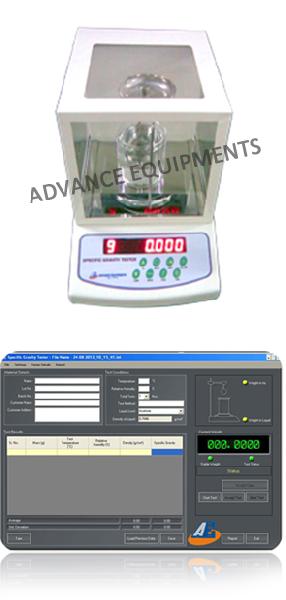

The cookies is used to store the user consent for the cookies in the category "Necessary". This cookie is set by GDPR Cookie Consent plugin.

The cookie is set by GDPR cookie consent to record the user consent for the cookies in the category "Functional". The cookie is used to store the user consent for the cookies in the category "Analytics". These cookies ensure basic functionalities and security features of the website, anonymously. Necessary cookies are absolutely essential for the website to function properly. Specific Gravity measures the ability of the kidney to concentrate or dilute the urine and is directly proportional to urine osmolality (solute concentration). Specific gravity of urine is a measure of the amount of solutes dissolved in urine as compared to water (1.000). In general, normal values for specific gravity are as follows: 1.005 to 1.030 (normal specific gravity) 1.001 after drinking excessive amounts of water. Low SG also can occur in patients with glomerulonephritis, pyelonephritis, and other renal abnormalities. Low specific gravity (SG) (1.001-1.003) may indicate the presence of diabetes insipidus, a disease caused by impaired functioning of antidiuretic hormone (ADH). High urine specific gravity can indicate that you have extra substances in your urine, such as: glucose. The higher the number, the more dehydrated you may be. Specific gravity results above 1.010 can indicate mild dehydration. What is the implication of the specific gravity is high or low? Low specific gravity (<1.005) is characteristic of diabetes insipidus, nephrogenic diabetes insipidus, acute tubular necrosis, or pyelonephritis. Specific gravity will decrease when the water content is high and the dissolved particles are low (less concentrated). What does a urine specific gravity of less than 1.005 mean?


 0 kommentar(er)
0 kommentar(er)
